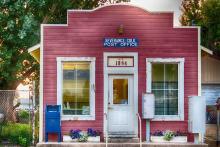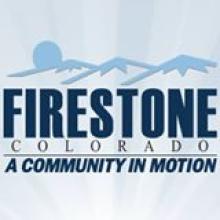Colorado Towns Say YES To Local Authority; State Lawmakers Take A Stab At More Rural Funding
In Colorado last week, communities held spring elections if they needed to choose elected officials or ask voters to make decisions on local matters. In six rural communities, voters decided to join the almost 120 municipalities and counties around the state that have already voted to opt out of Colorado’s restrictive state law SB 152. Meanwhile, the General Assembly tried to help bring broadband to the state's most rural areas.
A Resounding Yes
In all six towns, the decision to reclaim local telecommunications authority far outpaced the number of voters who voted “no.” In keeping with similar measures we’ve followed during previous elections on this same question, voters want the opportunity to use their own infrastructure to improve connectivity either directly to the public or with a private sector partner. Most communities that put this issue to the voters don’t have a solid plan in place at the time it’s on the ballot, but they understand that opting out of the 2005 law is a necessary step, should they decide in the future to move ahead with a muni or public-private partnership.
The measure always passes and voters usually approve the opt out provision by a wide margin, as was the case on April 3rd. Here’s the tally:
Firestone : Yes 1568 - No 347
Frisco : Yes 634 - No 69
Lake City : Yes 222 - No 18
Limon : Yes 347 - No 92
Lyons : Yes 526 - No 139
Severence : Yes 621 - No 118
Colorado has been abuzz with activity in recent years as local communities reclaim their right to decide how they handle connectivity improvements. The developments have run into resistance from Comcast and other big national ISPs that feel their monopoly threatened. Last fall, Comcast spent close to a million dollars in a failed attempt to defeat a measure in Fort Collins as the city amended its charter to allow it to invest in a municipal network. Before it could take that step, however, the city held a referendum in the fall of 2015 to opt out of SB 152.




